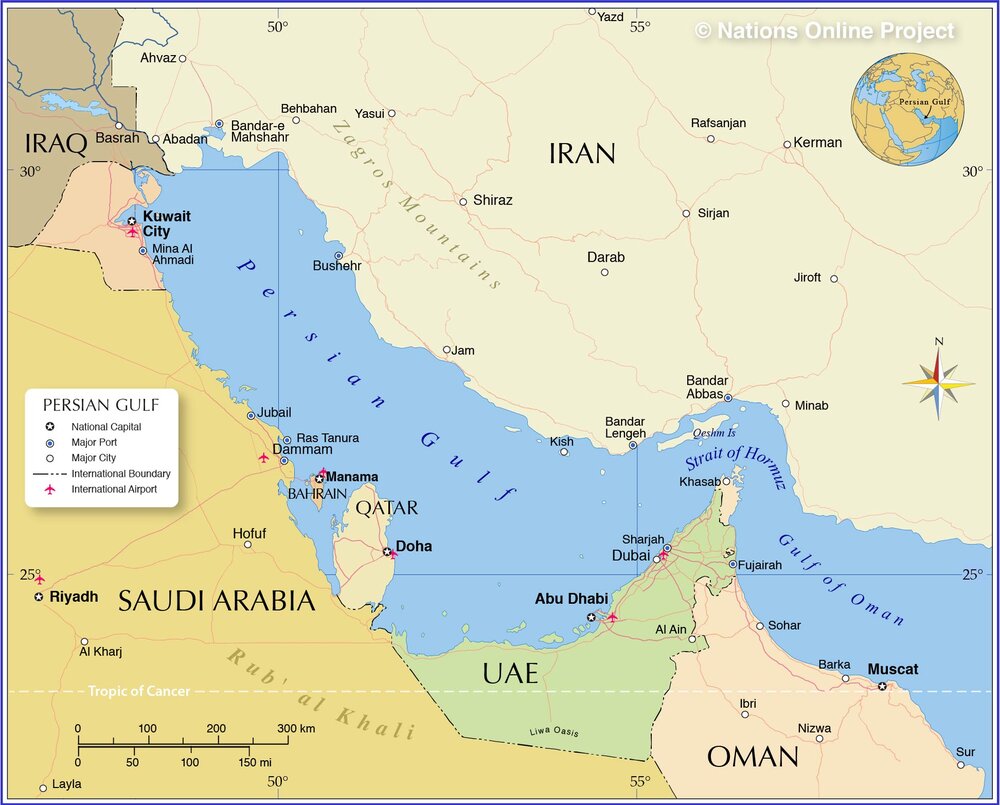Security, stability, and cooperation missing links in Persian Gulf: ambassador

TEHRAN – The Iranian Ambassador to Doha, Hamid Reza Dehghani, believes that security, stability, and cooperation are the missing links in the Persian Gulf region, suggesting that any model for regional security should be based on “regional dialogue and mutual understanding”.
Over the last few decades many attempts have been made to establish the “security mechanism” such as UN Security Council Resolution 598 in which it requests UN secretary general to “examine in consultation with Iran, Iraq and with other states in the region” to take measures to enhance the security and stability in the region.”
Resolution 598 ended the war between Iran and Iraq in the 1980s.
Since then, Dehghani says, a host of initiatives has been presented by the regional and external actors but it is far from establishing an “inclusive and sustainable security mechanism” in the region.
The ambassador, who plans to put forward his ideas for a secure and stable Persian Gulf in an international forum in Doha in coming days, says an overview of initiatives provides answers that why these plans has not been able to “create a viable and inclusive security mechanism” to “serve the interests of the nations in the region.”
The diplomat says, “The answer is that lack of trust among the littoral states, and disagreement about the role of external powers are among factors influencing the formation of this security mechanism.”
He goes on to say that “any model for the regional security architecture should be based on the regional dialogue and mutual understanding.”
Javad Heiran-Nia, director of the Center for Scientific Research and Middle East Strategic Studies in Iran, will also present ideas about the steps needed to be taken “toward new architecture for Persian Gulf order”
and the overlapping of “human security and state security.”
The conference that is going to be hosted by the Gulf Studies Center with the theme of a new “comprehensive security” in the Persian Gulf region will be held on November 7-8.
The participants at the conference will also assess the relationship between Turkey and the Persian Gulf Arab states in the aftermath of Al-Ula summit.
Reconfiguring the regional security architecture in the Persian Gulf including conflicts between Arab countries in the region will feature in the conference.
The conference will also assess ways to countering the growing cyber threat to the Persian Gulf security and Russia’s approach toward the new security system in the Persian Gulf.
The Yemen crisis, pro-democracy protests in Bahrain, security problems in Iraq as well as environmental security will also be studied.

Leave a Comment